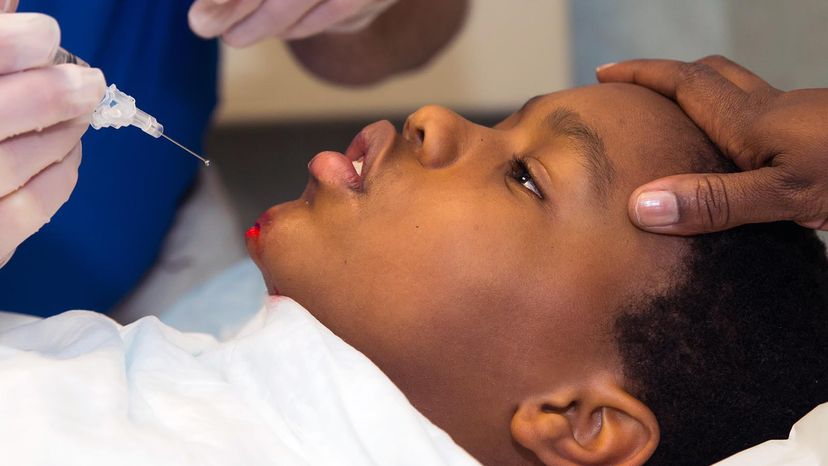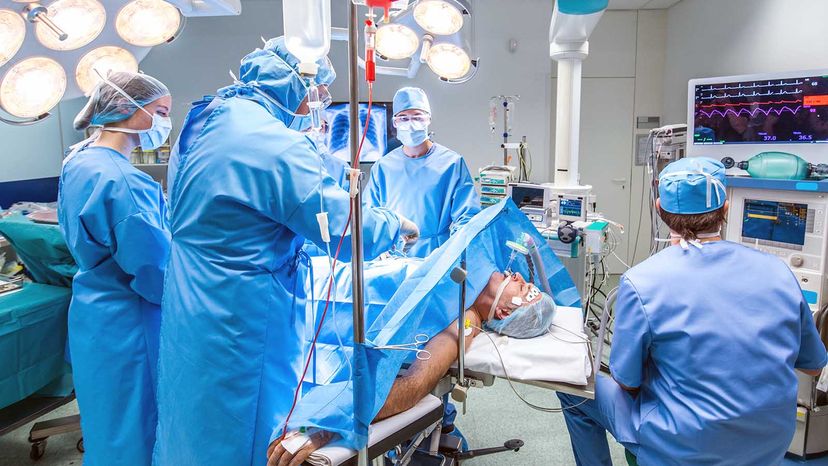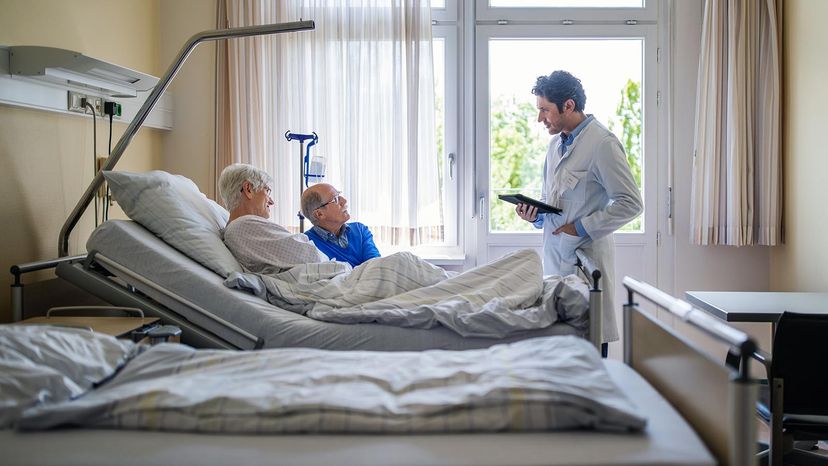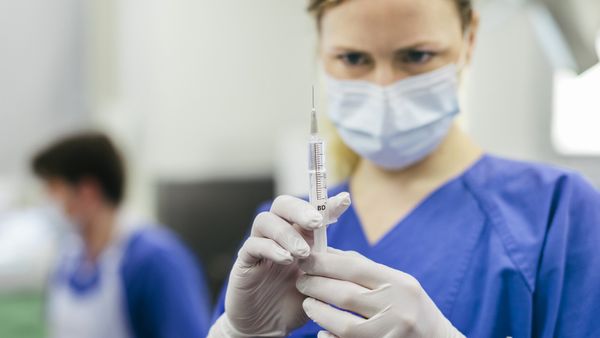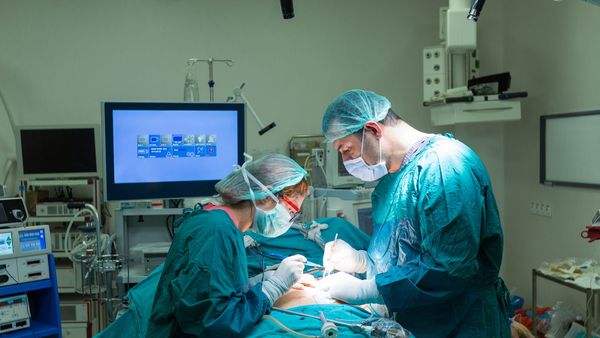There are a few preventative measures you can take to lower your odds of being one of the few who "wake up" during surgery.
Talk to your doctor and anesthesiologist before surgery. It's important to discuss any fears you have about your surgery and any problems you've experienced with past surgeries or anesthesia.
Be completely honest when answering questions, too. For instance, if you have a history of drug and alcohol abuse, you might require a higher dose of anesthesia. Also disclose any medication you take including prescriptions, over-the-counter meds, and herbal and other natural supplements.
If you experience any degree of awareness during surgery, tell your doctor, surgeon or anesthesiologist as soon as you recall the incident. Research shows that immediately after surgery, only one-third of patients who wake up during the operation remember it. It can take up to a month for the rest to recall the experience.
Many patients never report their experiences for several reasons. Some patients aren't distressed enough by it to mention it to their doctor. Some want to be sure the event even happened before they say anything.
Then there are those patients who are so traumatized they essentially go into denial. These are the patients who are at high risk of developing post-traumatic stress disorder (PTSD).
Despite how scary the thought of waking up during surgery sounds, anesthesia awareness occurs very infrequently. The small chance that it will happen to you should not prevent you from having needed surgery.
Fortunately, medical science has come a very long way and "biting the bullet" during a medical procedure is a now a thing of the past. Anesthesia is a medical marvel that has infinitely improved surgery, despite the inherent risks.

